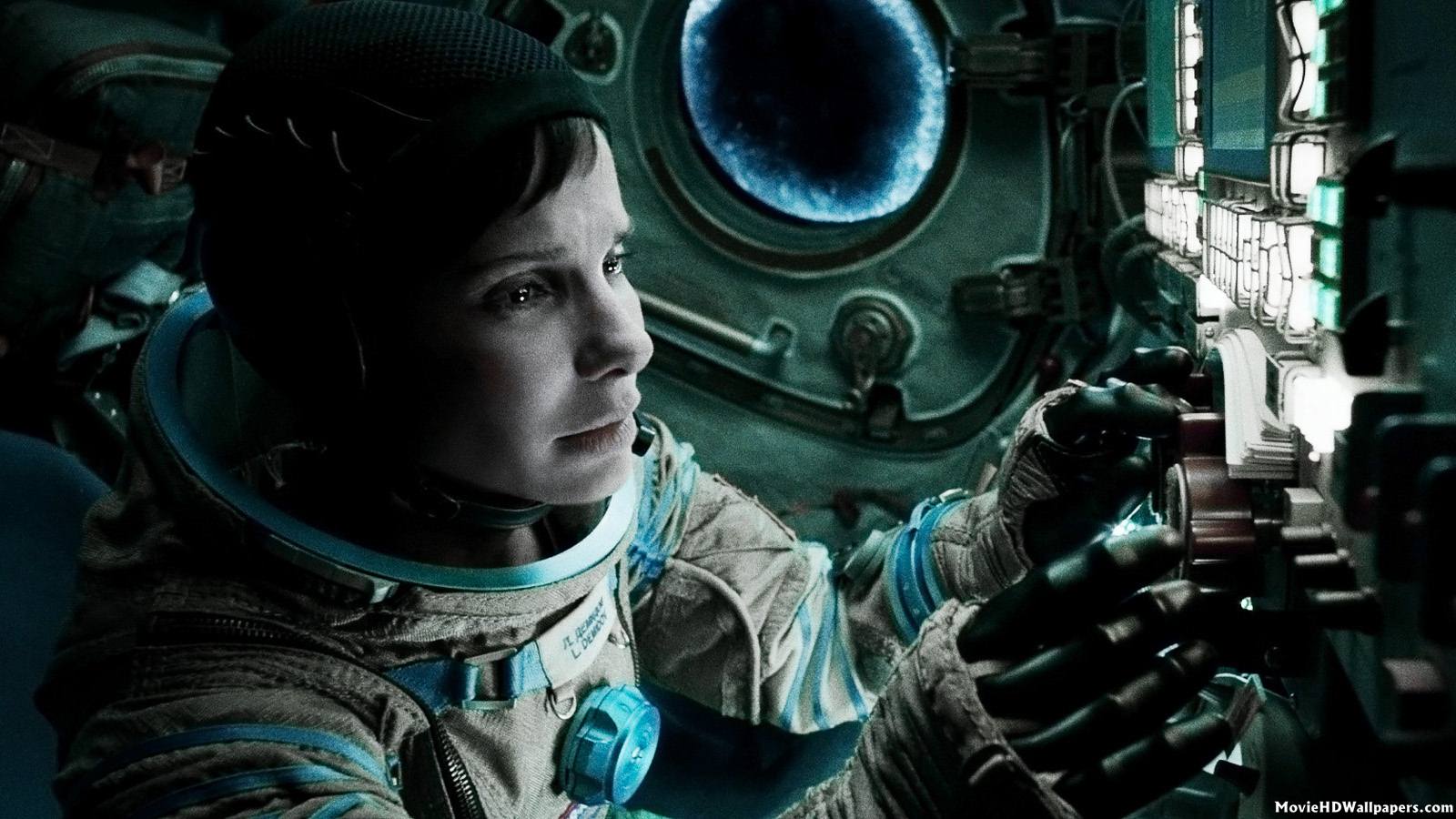 INTO THE WOODS ***½
INTO THE WOODS ***½Directed by Rob Marshall
A baker and his wife encounter a witch, who tells them she'll grant them a wish to have a child if they can bring her four ingredients for a spell that will undo a curse put upon their family: "the cow as white as milk, the cape as red as blood, the hair as yellow as corn, and the slipper as pure as gold." So the couple venture into the dreaded woods to find these items and, in the process we meet several characters from the Grimm Fairy Tales. Each has its own story that intertwine in the woods.
Having not seen the Tony-award-winning Stephen Sondheim play this is based on, I was free from such worries as which songs were kept or which interpretation of the characters I might prefer. A fresh perspective directly to the film. It is mostly an enchanted affair, with an engaging cast and gorgeous production design.
James Corden and Emily Blunt are fantastic as the baker and his wife, who rekindle their passion while on this fateful journey through the woods. Meryl Streep proves she is capable of playing just about any role, as the witch, which may not come as a surprise to most. I wasn't sure, after the over-hyped "August: Osage County" that this would be a worthy performance, but she performs in impressive and deliciously entertaining fashion. Chris Pine gives an hilarious send-up of a conceited Prince Charming. However, it is not without flaws. Some of the musical numbers slightly overstay their welcome and the film drags a bit in spots as a result. Yet when it soars, it really sings, and Rob Marshall's staging works quite well. It may not reach the spectacular heights of Marshall's "Chicago," but it is nonetheless his best big-screen work since then.
 FOXCATCHER * * * *
FOXCATCHER * * * *Directed by Bennett Miller
An Olympic Gold Medalist, Mark Shultz (Channing Tatum) is approached by multi-millionaire John Dupont (Steve Carell) to help him form a wrestling team for the 1988 Olympics. Grateful for an opportunity to do do more than make speeches at elementary schools, Mark takes the offer. A friendship starts to form between the emotionally needy Shultz and the awkward Dupont. It becomes apparent after several months that Dupont's real goal is to recruit Mark's accomplished brother - Olympic Gold Medal winner Dave - leading to friction between Mark and John, as well as between the brothers. Eventually Dave does join the team as an assistant coach, although he is without question the true wrestling trainer, and this unusual arrangement leads to an unexpected tragedy.
A true-to-life story, "Foxcatcher" is a unique sports-driven drama in which the resentments simmering beneath the surface lead to events that are not overtly foreshadowed. Yet we know something will happen, because of the uneasy imbalance of the personalities involved. The cast is uniformly superb, although little is done with the appearance of Vanessa Redgrave as Dupont's scoffing mother, whose affection is greatly desired but never granted. Steve Carell is very good here, as a kind of creepy, just-this-side of sane. However, even though his character is a dominating figure, he story really belongs to Mark. Mark is the person we witness this unfolding tragedy through. His dilemma in trying to come out from under his brother's shadow, despite his own successes, blinds him to the kind of personality Dupont truly is, until it's too late. And while it is mainly about Mark, the heart of the film is the brother, Dave, played by Mark Ruffalo. He wants to give his brother space, but hates what is happening to him once he joins Dupnt's team. It is through Dave that we see the bond the brothers share. Yet even he gets snared into Dupont's world, and ultimately his efforts to save his younger brother do not end well. A fine film.




























